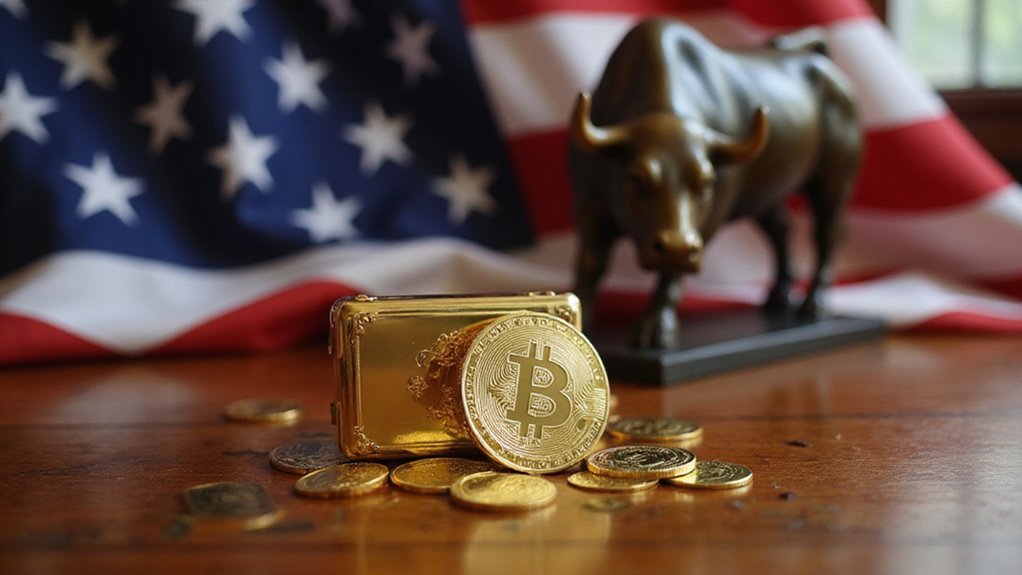In a move that would make even the most seasoned Wall Street observers pause to recalibrate their understanding of corporate finance, Justin Sun’s Tron is orchestrating its entry into U.S. public markets through a reverse merger with SRM Entertainment—a maneuver that combines the regulatory complexity of cryptocurrency with the theatrical flair befitting a Nasdaq-listed entertainment company.
The $210 million TRX token deal, facilitated by Dominari Securities (a firm with ties to Donald Trump Jr. and Eric Trump), represents more than mere corporate restructuring. It’s a calculated gamble on regulatory climate change, executed precisely as U.S. authorities halted their fraud probe into Sun in early 2025. The timing appears fortuitous rather than coincidental, aligning with President Trump’s second-term cryptocurrency-friendly policies.
Tron Inc., the newly formed public holding company, will mirror MicroStrategy’s Bitcoin strategy by maintaining substantial TRX token reserves, offering investors indirect exposure to cryptocurrency assets without the operational headaches of direct ownership. Eric Trump’s anticipated leadership role adds political theater to what is fundamentally a sophisticated financial engineering exercise designed to circumvent traditional IPO complexities.
The regulatory backdrop cannot be understated. The SEC’s 2023 lawsuit—targeting Tron’s 2017 ICO—sits in negotiated limbo, creating an unusual corporate environment where legal uncertainty paradoxically enables business expansion. This regulatory détente allowed Tron to restructure strategically while avoiding the protracted litigation that has hampered other cryptocurrency ventures.
Market precedent suggests cautious optimism. Circle’s recent IPO success, with shares soaring nearly 300% on debut day, demonstrates investor appetite for blockchain-adjacent public companies. However, Tron’s approach differs fundamentally—rather than operational pivoting, it’s effectively securitizing existing token holdings through traditional equity markets. The structure essentially transforms TRX tokens into digital securities, allowing for regulated trading while maintaining blockchain-based asset representation.
The broader implications extend beyond Tron’s corporate ambitions. This reverse merger establishes a template for cryptocurrency projects seeking U.S. market legitimacy without enduring conventional regulatory scrutiny. Sun’s $30 million investment in World Liberty Financial further solidifies his alignment with Trump-associated ventures. Whether this represents financial innovation or regulatory arbitrage depends largely on execution and market reception.
As public companies face enhanced transparency requirements, Tron’s success will ultimately depend on its ability to translate cryptocurrency volatility into sustainable shareholder value—a challenge that transforms speculative token dynamics into fiduciary responsibilities.








